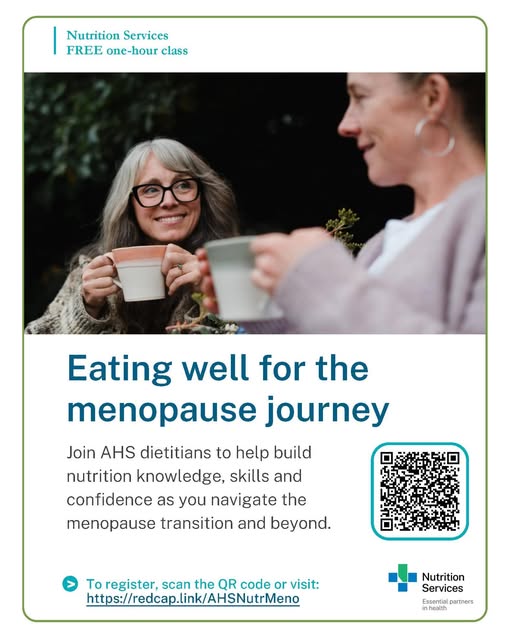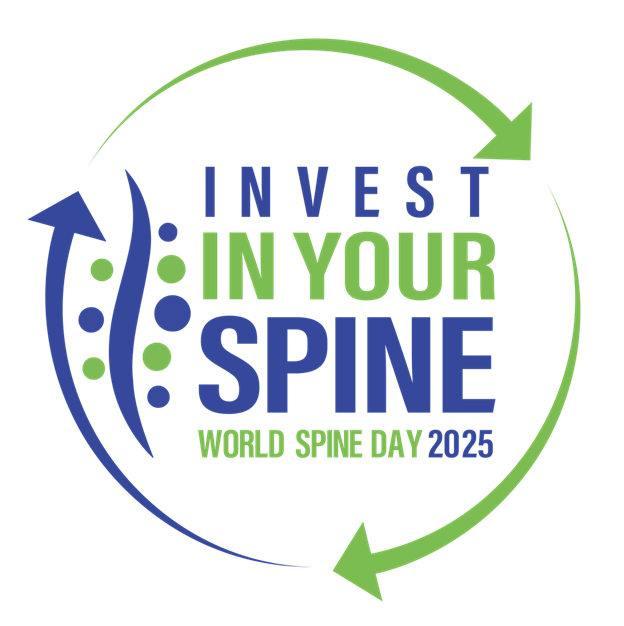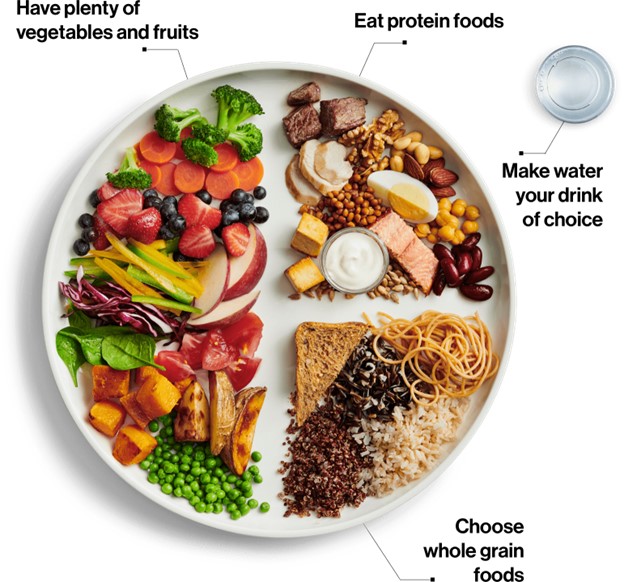


World Spine Day October 16, 2025

How to Keep Your Pet Safe

OBGYN Specialist Availability

Eat More Fibre

🚭 National Non-Smoking Week 🚭
Quitting smoking, vaping and using tobacco products is one of the best things someone can do for their health and to reduce the risk of lung cancer.
If you need help quitting or reducing smoking, vaping, or tobacco products usage talk to your doctor about your options and visit albertaquits.healthiertogether.ca for more tips and support.
Don’t wait to quit smoking one day, make a plan and set a date https://www.canada.ca/en/health-canada/services/video/smoking-cessation.html
Plan to quit, learn how to make a plan to quit: https://www.youtube.com/watch?v=yzIM9z-VUDE
For additional information on lung health please visit: https://www.lung.ca/lung-health
#health #support #smoking #vaping #nonsmoking #primarycare #lungcancer #abhealth #healthcanada #breathe #lunghealth #healthcanada #whiteribbon

Alzheimer’s Awareness Month
January is Alzheimer’s Awareness Month
https://alzheimer.ca/en/take-action/change-minds/alzheimers-awareness-month
This year’s theme is – First Link
First Link is a program offered by the Alzheimer’s Society. This program offers approved services and information while providing connections to support, care, knowledge, expertise and referrals.
Further information can be found here:
https://alzheimer.ca/en/help-support/programs-services/first-link
#takeactionchangeminds #alzheimersawarenessmonth

#12DaysofHolidaySafety
On the Second Day of Christmas…plan.
Make a family preparedness plan for the possibility that your family may not be together when an emergency occurs.
Discuss the following five steps:
Know the risks – learn about local hazards and plan for those that are more likely to occur. Does your area experience flooding? Forest fires? Earthquakes?
Make a family emergency plan – since your family may not be together when an emergency happens, a plan will help you and your family know what to do and how to reach each other in an emergency. http://Make a Plan Video (getprepared.gc.ca)
Get an emergency kit – In an emergency, you will need some basic supplies. You may need to get by without power or tap water. Be prepared to be self-sufficient for at least 72 hours. http://Emergency Kits (getprepared.gc.ca)
Talk to your kids – http://Emergency Preparedness for Children (getprepared.gc.ca Discuss the information in this link with your children to help them understand emergencies and what they can do to prepare.
Spread the word – Building awareness is a great first step. Communicate the importance of emergency preparedness to your family.
#getprepared #safetycanada #publicsafetycanada #isyourfamilyprepared #12daysofholidaysafety

#TalkWithYourDoc
When you experience anxiety, depression or panic, even the smallest tasks can feel overwhelming. You might feel helpless and alone, but don’t be afraid to ask for help. 🤝
Talk with your doctor – they can direct you to the best support and resources for your health needs.
Big Country PCN also offers mental health programs and services at:https://albertafindadoctor.ca/workshops/home
For more information, visit: http://AlbertaPCNS.ca
#MentalHealth #Anxiety #Depression #PanicDisorder #ABHealth #PrimaryCare #TalkWithYourDoc
